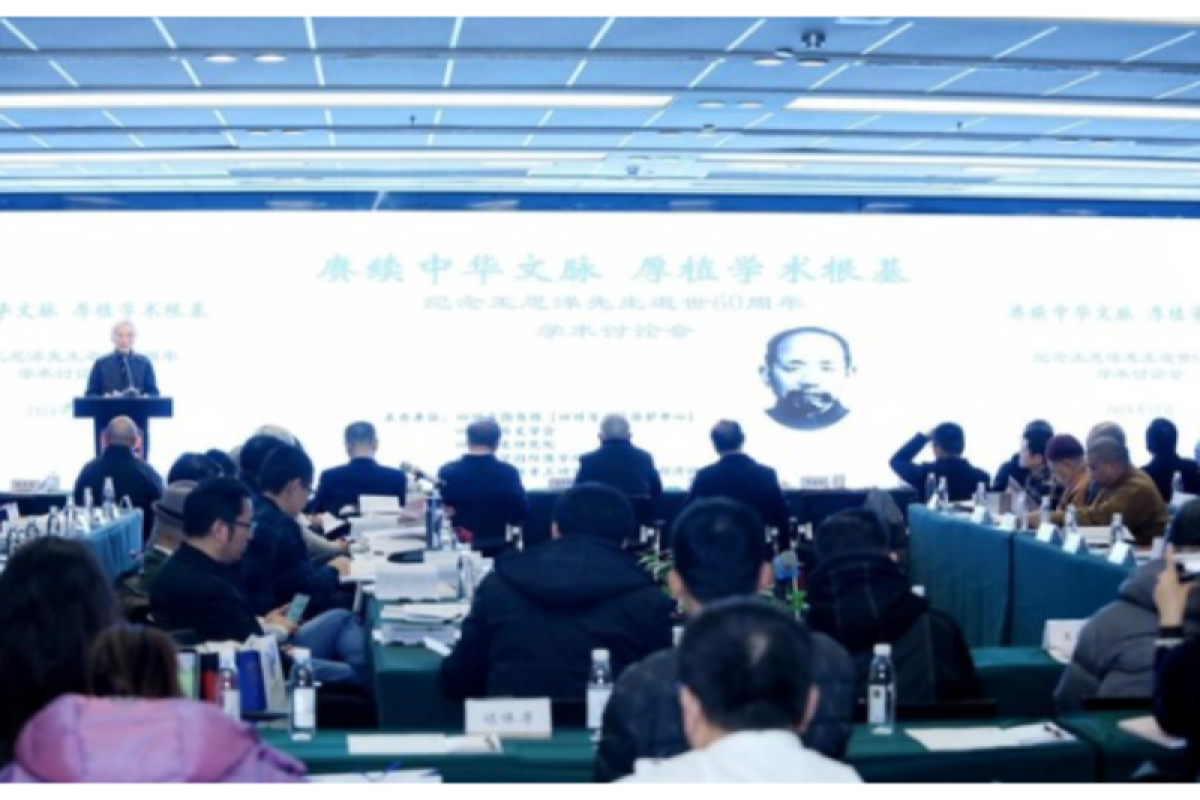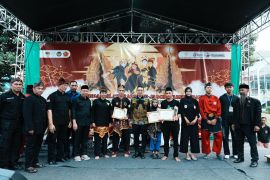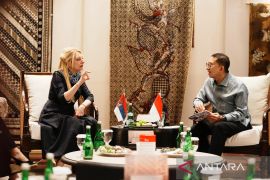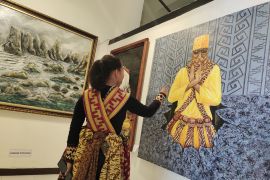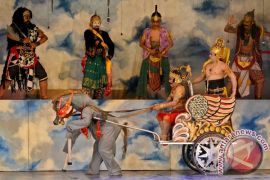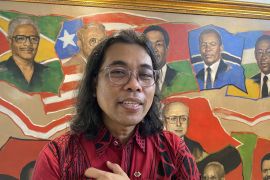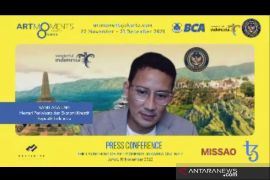Wang (1897-1964), born in Nanchong, Sichuan, was a renowned Confucian scholar, Buddhist scholar and educator who devoted his life to teaching and researching China's outstanding traditional culture.
The symposium discussed Wang's contributions to the education and research of China's outstanding traditional culture, reviewed his thoughts and career, and examined the historical value and contemporary significance of his work in inheriting and innovating traditional culture in the new era.
Zong Xing, vice president of the Buddhist Association of China, said in a video speech that although a significant portion of Wang's works were on Buddhist studies, he also conducted research and made original contributions to Confucian and Taoist classics, integrating the thoughts of Confucianism, Buddhism, and Taoism.
Despite his academic focus on traditional studies, Wang did not limit himself to classical ideas. His works clearly reflect the incorporation of Western philosophy and science. This approach of upholding tradition while fostering innovation and integrating diverse fields of knowledge is a valuable legacy for us to learn from, he said.
Several renowned experts and scholars delivered speeches at the event, discussing Wang's academic achievements and legacy from various perspectives.
Tan Jihe, a researcher at the Sichuan Academy of Social Sciences, believes that Wang's contributions mainly lie in his exploration of the academic foundations, historical context, and cultural connotations of Confucianism, Buddhism, and Taoism within traditional Chinese culture.
"The deeper the academic roots, the more appealing and captivating our storytelling of Chinese-style modernization will be," he said. "We should learn from him by embedding the outstanding traditional culture in our souls, making it the roots and veins of our spiritual and mental home, and fully utilizing and revitalizing China's historical and cultural heritage."
Tan said that Wang was also a distinguished educator who founded the Guishan Academy and the Oriental Institute of Culture and Education, providing an opportunity for the general public to receive cultural education, and also offered academic support for cultural awareness and confidence.
Relatives and student representatives of Wang, as well as representatives from his hometown, reviewed his life and the conditions of his hometown.
Source: Sichuan Provincial Library
Reporter: PR Wire
Editor: PR Wire
Copyright © ANTARA 2025
